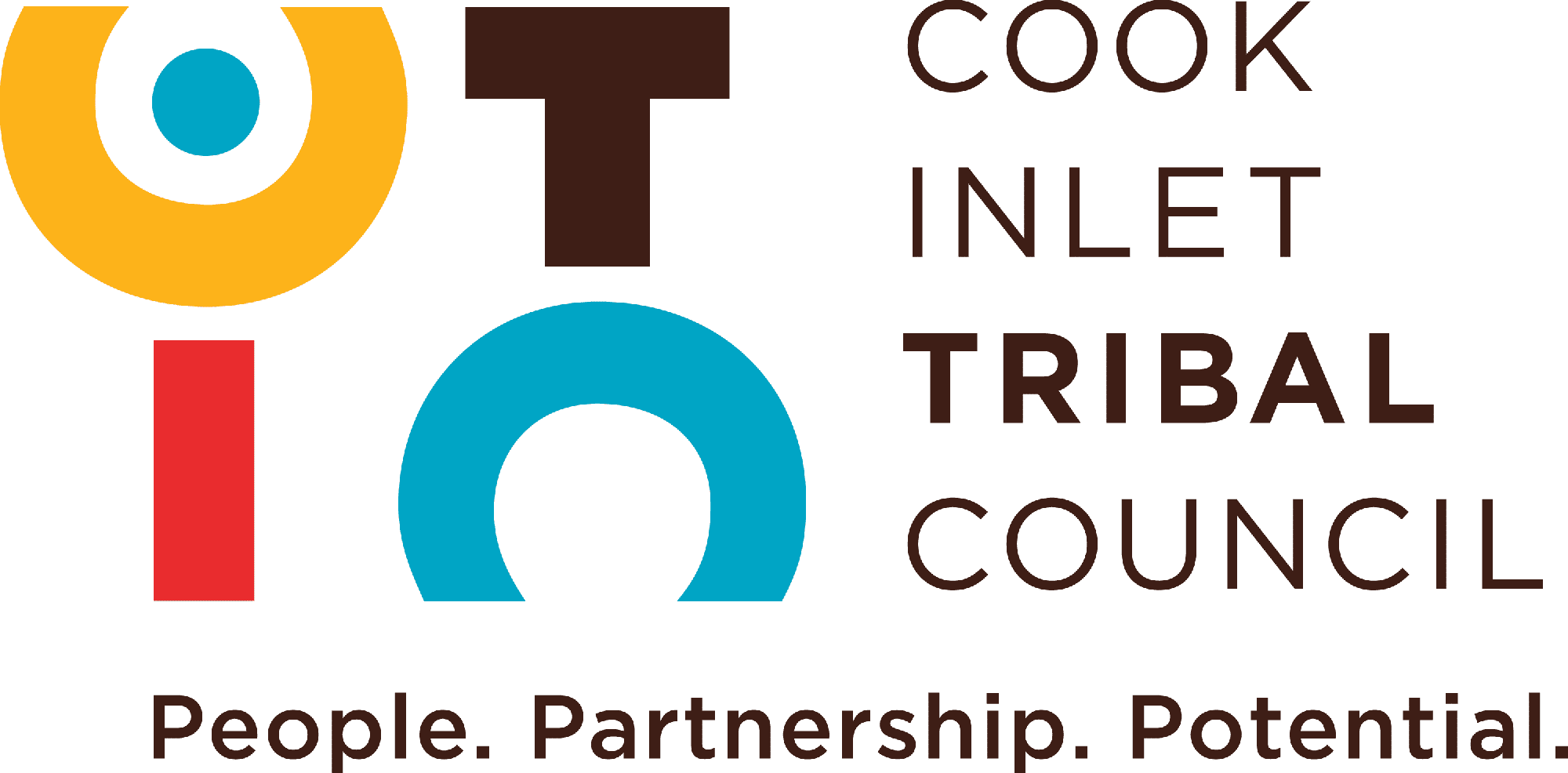18 Aug Doing What They Can
CITC’s Peer Support team offers practical items, recovery support, and access to programs for unhoused individuals
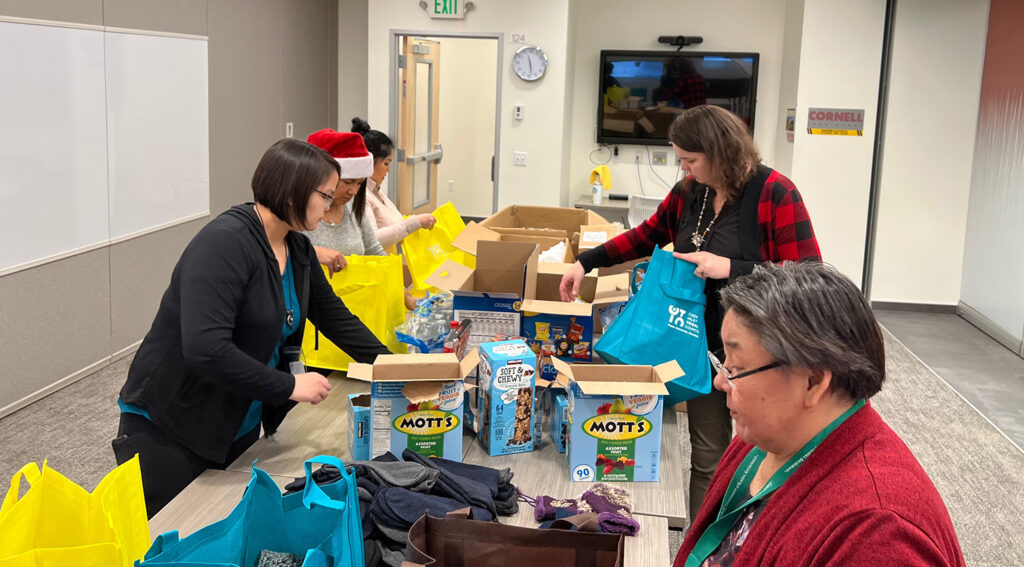
By June of this year, Anchorage set a record: More unhoused individuals have died this year than in any other year. A total of 29 people believed to have been homeless have died in 2023—and, as the Anchorage Daily News pointed out in July, the year was only half over.
While local shelters remain at capacity and the Anchorage Municipality struggles with how to address the growing need for additional sheltering and housing, one small group at CITC is doing what it can to make a difference.
Getting the Word Out
“Houseless people don’t usually have access to Facebook or see our flyers,” pointed out Amy Urbach, Peer Support program manager for CITC’s Recovery Services department. “So this gives us an opportunity to be in the middle of things, talking to people and letting them know we’re here.”
Most weeks, CITC’s Recovery Services Peer Support team goes into the community supplied with peanut butter sandwiches, clothing, or backpacks full of useful items like toothpaste, ponchos, baby wipes, and toiletries. They visit homeless encampments and other sites where unhoused people gather, and offer food and supplies—along with information about the services CITC can provide.
In addition to connecting people with culturally-responsive treatment for addiction, CITC offers case management and group counseling. The Peers often bring people to CITC’s Navigation team to get help obtaining IDs, Social Security cards, or Certificates of Indian Blood, or to apply for food stamps and other assistance.
“There was a time I was sleeping in my car with my kids and their father,” Amy shared. “There were resources available to me; I just wasn’t aware of what they were. So our hope is to get out there and say, ‘Hey, you can come to CITC and find what you need.’”
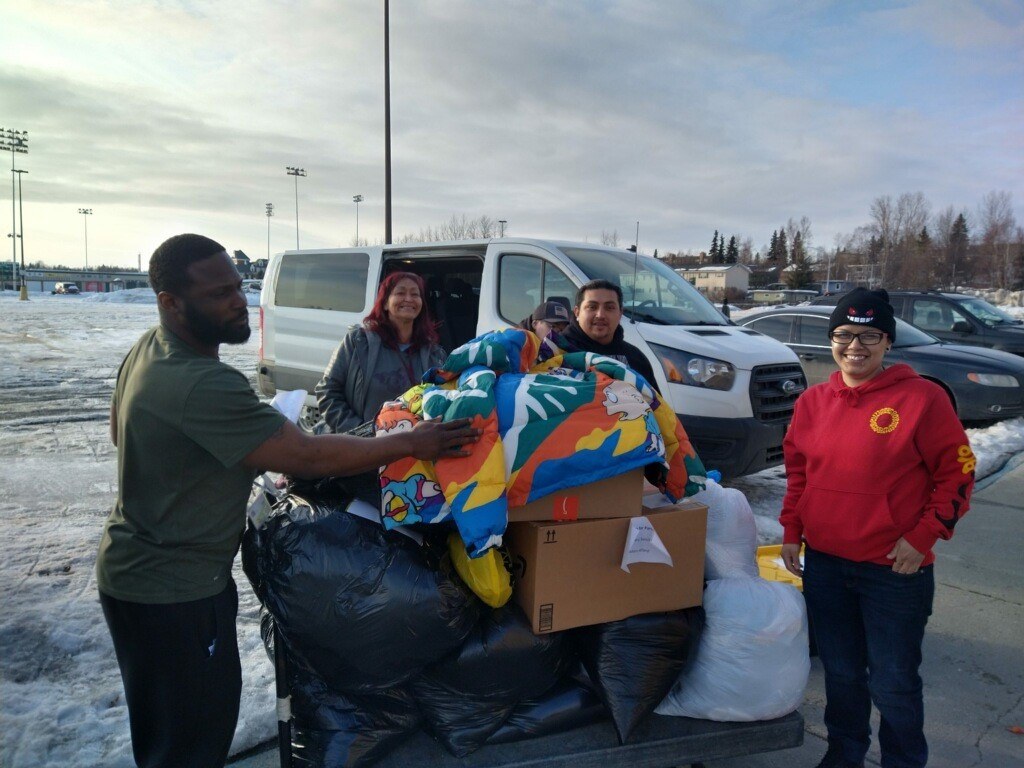
Planting a Seed
The first time Ronald Shugak joined the rest of CITC’s Peer Support team to do outreach to unhoused people, “there were some guys who were a little standoffish with me,” he recalled. “I was a new face out there.”
Ronald understands the hesitation. Before joining CITC as a cultural peer support specialist, he experienced homelessness, himself. In his twenties, he slept outside at an encampment with other unhoused people.
“It’s a tough life,” he shared. “It’s not safe. But you do make connections out there, like a brotherhood. We looked out for each other. That’s one of the main reasons I reach out to others going through it now.”
Ronald hopes that, by sharing his own experience, he can “plant a seed” that inspires others to accept help.
Lived Experience
Like Amy, Sarah Chivers spent some time sleeping in her car, too.
“I knew I was in hell,” she said. “You’re in this constant state of fight or flight, you’re trying to survive—and you just don’t know how to get help. People think, Well, they’re an adult, they have tools, they could get help. But when you’re stuck in addiction and you’re homeless, you’re never stable.”
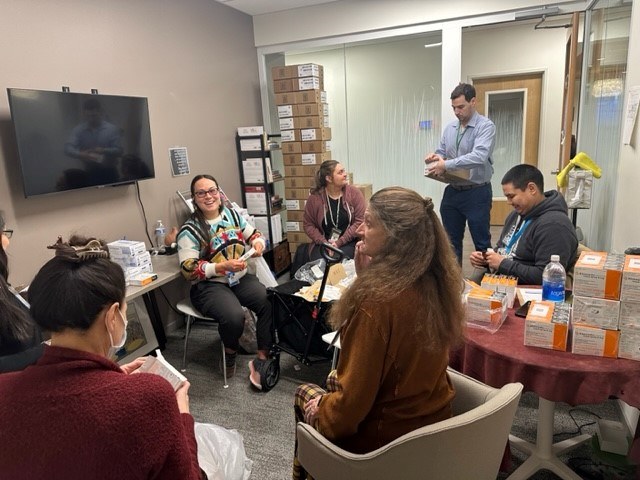
Having once been homeless, CITC staff like Sarah, Amy, and Ron understand the needs of the people they’re serving. When Amy heard that the Anchorage Coalition to End Homelessness was going to hand out sleeping bags to people when the temporary Sullivan Arena shelter downsized from 360 beds to 90, she said, “I was sitting in the back of the room thinking, has anybody been camping before? A tent would be useful.”
She reached out to CITC leadership and got a donation of 150 tents that the Peers then gave out to individuals and families leaving the Sullivan shelter.
Throughout the year, CITC’s Peers collect and distribute a variety of items to unhoused people, including winter clothing, a variety of shelf-stable foods, and tents. They also build and provide Narcan kits to people in the community with the goal of preventing overdose deaths.
Been There, Giving Back
Perhaps one of the most important things they provide, though, is their own lived experience—and hope.
“I think being the person that we needed when we were in that situation is the most important piece, for me,” Amy said. “When I was getting clean, it was almost impossible for me to figure out how to get into treatment. There was no peer I could turn to, who could say, ‘I’ve been there.’”
“You don’t become a peer just for a paycheck,” Sarah echoed. “That give-back is important. It’s our opportunity to be that person who says, ‘It’s possible,’ and to give back to the community we were a part of.”
Learn about CITC’s Peer Support team and their ongoing activities here. To find resources for addiction treatment and other supportive services, visit our Addiction and Recovery Services page, or call (907) 793-3200 today.
